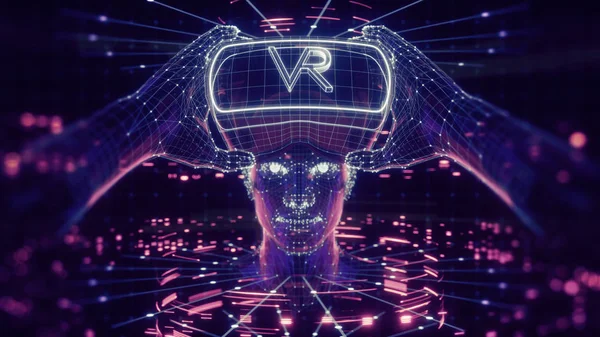
The concept of the metaverse has been gaining traction in recent years, evolving from science fiction into a fast-approaching reality. Tech companies, investors, and innovators alike are racing toward creating this next frontier of the internet. But what exactly is the metaverse, and how could it change the way we live, work, and interact with one another?
What is the Metaverse?
The metaverse can be described as a collective virtual space, created by the convergence of virtually enhanced physical spaces, augmented reality (AR), virtual reality (VR), and the internet. Essentially, it is a shared digital environment where people can engage with each other and their surroundings in a way that mimics the real world, but with enhanced, immersive capabilities.
Imagine putting on a VR headset and being transported into a completely new universe. This world is filled with digital avatars, endless landscapes, interactive experiences, and even commerce. It could be as simple as a game-like environment, or as complex as a fully-fledged virtual economy where people can buy, sell, and create.
Key Technologies Driving the Metaverse
A fully realized metaverse depends on a confluence of technologies, including:
- Virtual Reality (VR): VR creates entirely virtual worlds, experienced through headsets that immerse users in a 3D digital space. VR is central to the metaverse, allowing users to feel present in these alternate realities.
- Augmented Reality (AR): AR blends digital elements with the physical world. Instead of replacing reality, AR enhances it with digital overlays that can be experienced through smartphones or AR glasses.
- Blockchain: Blockchain technology powers decentralized platforms within the metaverse, allowing users to own and trade digital assets like non-fungible tokens (NFTs). Blockchain ensures transparency and security in digital ownership and transactions.
- Artificial Intelligence (AI): AI facilitates more responsive, dynamic interactions within the metaverse. Whether it’s creating intelligent NPCs (non-playable characters) in virtual worlds or customizing the user experience based on behavior, AI is key.
- 5G and Edge Computing: The metaverse will require fast, low-latency networks to handle real-time interactions and rich, immersive experiences. 5G networks and edge computing will be essential in supporting this.
Applications of the Metaverse
The metaverse isn’t just a playground for gamers. Its potential reaches far beyond entertainment. Here are a few industries that could be transformed:
- Social Interaction: Platforms like Meta (formerly Facebook) are investing heavily in creating virtual social spaces. In the future, meeting friends, attending events, and even going on virtual dates could take place within the metaverse.
- Work: Remote work, already widely adopted, could be further enhanced by the metaverse. Imagine attending meetings, collaborating on projects, or giving presentations in a virtual office that feels just like a real one.
- Education: The metaverse could revolutionize education by providing immersive learning experiences. Students could explore historical events, conduct virtual science experiments, or attend classes from anywhere in the world.
- Commerce: Virtual economies within the metaverse could grow into billion-dollar industries. Brands could open digital storefronts, and users could shop for virtual goods, NFTs, or even real-world products in augmented spaces.
- Healthcare: The metaverse could enable virtual consultations with doctors, mental health therapy sessions in relaxing virtual environments, or even immersive rehabilitation programs.
Challenges and Ethical Considerations
With all its possibilities, the metaverse also presents challenges. Issues like privacy, data security, digital addiction, and the digital divide are critical concerns that need to be addressed. Additionally, with tech giants vying for control of the metaverse, there are worries about monopolization and whether it will remain a decentralized, open space.
There’s also the question of governance. Who will regulate the metaverse? How will laws be enforced in a space that transcends national borders?
